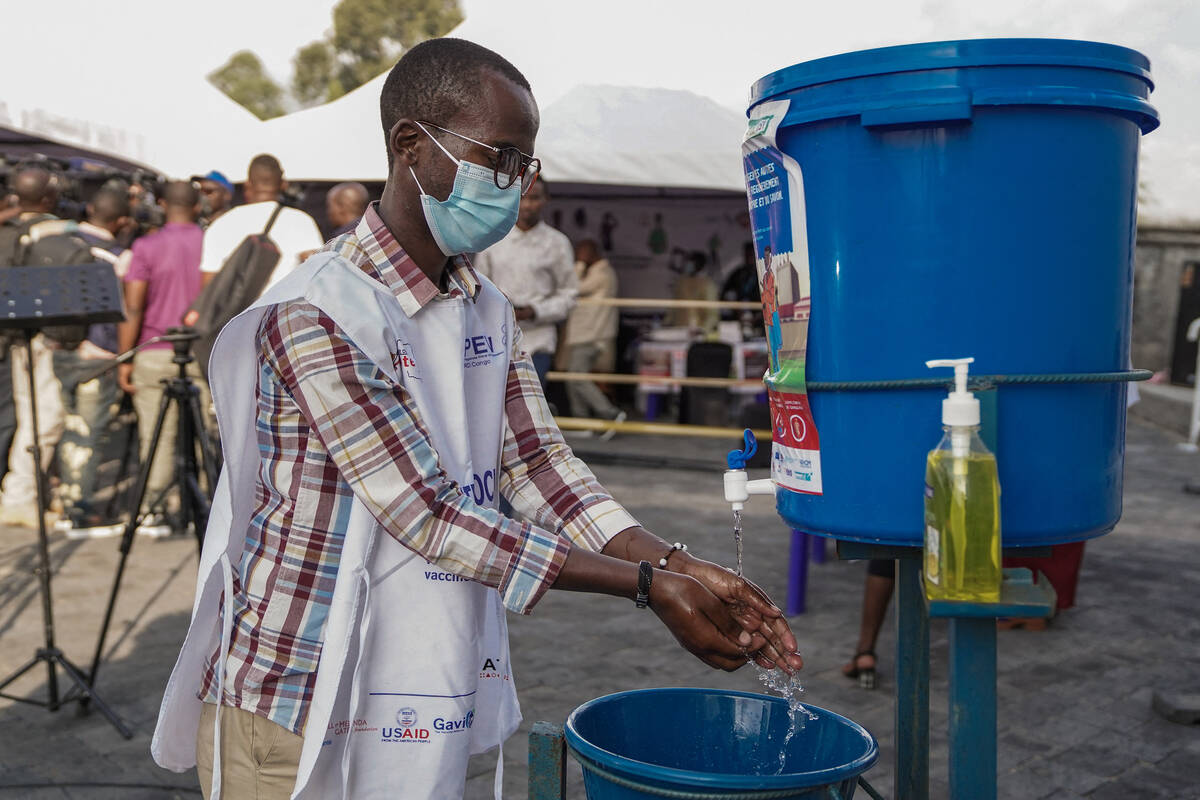First US case of mpox variant reported in California
LOS ANGELES — The first case in the U.S. of a more severe mpox variant has been confirmed in a person who had recently traveled to East Africa and was treated in San Mateo County, the California Department of Public Health announced Saturday.
The person diagnosed with the Clade I variant is isolating at home and recovering, while people who had close contact with the person are being notified by public health officials.
There is no evidence that the strain is spreading in California or the U.S, the California Department of Public Health said. The risk of contracting Clade I mpox in the U.S. remains low, according to the Centers for Disease Control and Prevention.
A less severe variant known as Clade II continues to circulate in the U.S., including in Los Angeles and San Francisco — two of the epicenters of the last outbreak in 2022.
In Africa, a Clade I outbreak has been centered in the Democratic Republic of Congo, which had 6,169 confirmed cases and 25 deaths as of Oct. 6, according to the World Health Organization.
Two years ago, cases of Clade II mpox were rapidly increasing in cities across the globe, particularly in the U.S. While that strain of mpox was rarely deadly, officials declared a worldwide public health emergency in July 2022. In the months that followed, the spread of the virus steadily fell, though cases have never completely gone away.
In August 2024, the appearance of the more deadly Clade I variant once again prompted a global health alert.
Recent evidence, however, suggests that this Clade I outbreak may be causing less severe illness than previous ones, especially when patients get quality medical care, the CDC said. In the past, the strain resulted in death rates of 3% to 11%, but the death rate for this outbreak appears to be closer to 1% with good medical care.
Mpox belongs to the same family of viruses as smallpox but causes milder symptoms such as fever, chills and body aches.
The symptoms for both types of mpox are similar, with more severe cases causing a rash on the hands, feet, chest, face, mouth or genitals. Both strains are transmitted by skin-to-skin or sexual contact.
The CDC recommends that at-risk people, such as men who have sex with men, take precautions, which include getting vaccinated, avoiding skin-to-skin contact with those who have a rash or sores that look like mpox, and washing their hands often.
The Los Angeles County Department of Public Health continues to recommend mpox vaccinations for some people, including men who have sex with men or transgender persons, those living with HIV and those who have had skin-to-skin or intimate contact with someone with suspected or confirmed mpox.

















